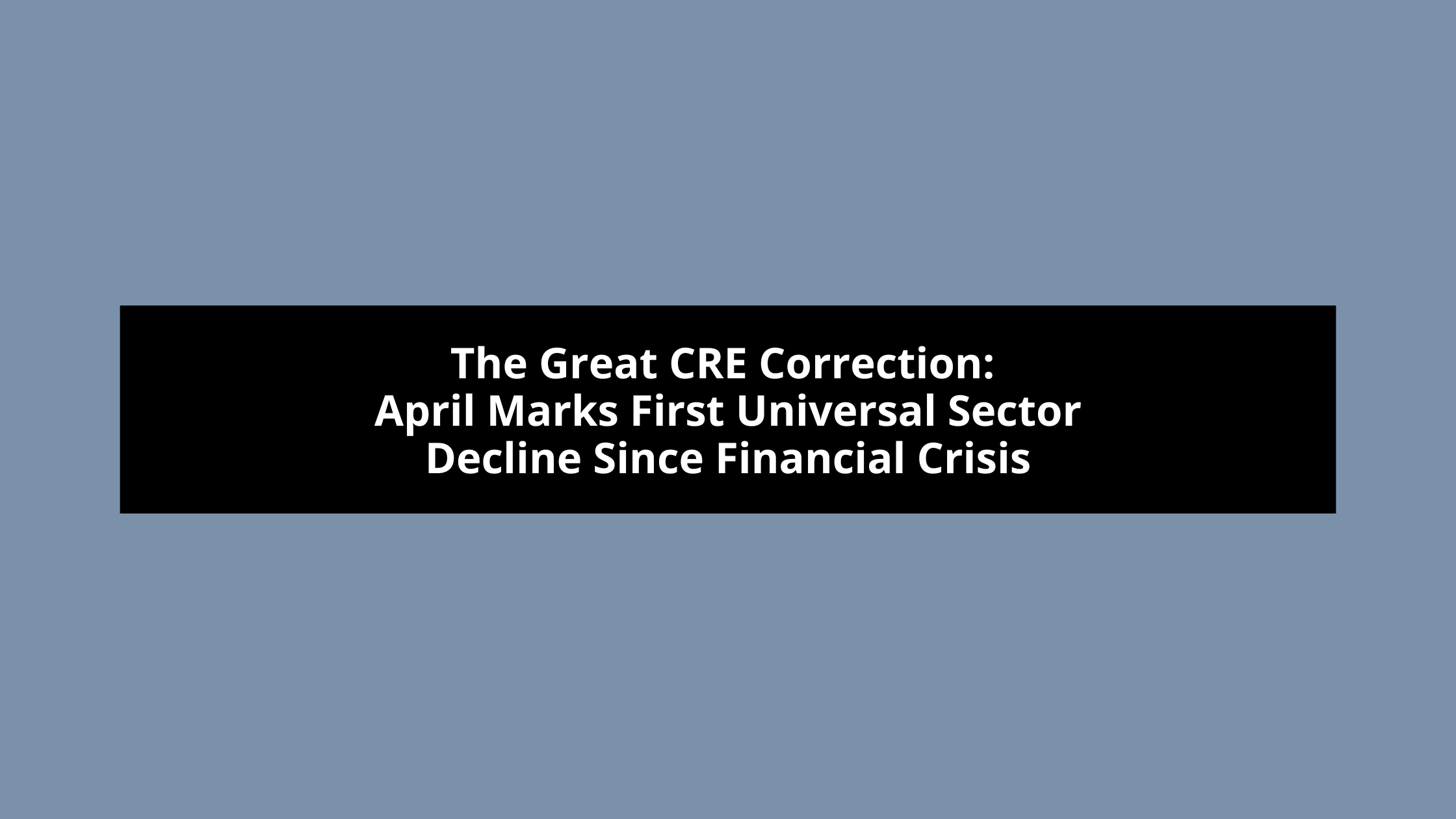Ensuring Clarity and Confidence: Best Practices for Conducting Title Searches in Commercial Real Estate Transactions
In the intricate world of commercial real estate transactions, conducting thorough title searches is not just a best practice but a crucial step to ensuring clarity, mitigating risks, and facilitating smooth transactions. As an experienced commercial title insurance attorney with nearly four decades of practice, I have witnessed firsthand the potential pitfalls of not conducting diligent title searches, which can lead to significant financial and legal consequences.
Best Practices for Conducting Title Searches
- Start Early and Plan Ahead: One of the most important best practices for conducting title searches is starting early and planning. Time is of the essence in commercial real estate transactions, and delays in obtaining title information can disrupt the entire process. Therefore, initiating title searches as soon as possible and establishing clear timelines and deadlines for completing due diligence activities is essential.
- Obtain Complete and Accurate Records: When conducting title searches, it is crucial to obtain complete and accurate records from reliable sources. This may include deeds, mortgages, liens, easements, surveys, and other legal documents that affect the property’s title. By obtaining comprehensive title records, attorneys can identify potential issues and discrepancies that may impact the transaction.
- Verify Ownership and Chain of Title: One of the primary objectives of title searches is to verify ownership and establish a clear property title chain. This involves tracing the history of ownership transfers and ensuring that all conveyances have been adequately recorded and executed. By verifying ownership and chain of title, attorneys can confirm the seller’s authority to convey the property and identify any gaps or breaks in the chain of title that may affect its marketability.
- Identify Potential Liens and Encumbrances: Another critical aspect of conducting title searches is identifying potential liens, encumbrances, or other defects that may affect the property’s title. This may include tax liens, mechanic’s liens, judgment liens, easements, or restrictions that could impact the buyer’s use and enjoyment of the property. By identifying these potential issues early in the process, attorneys can advise their clients accordingly and take steps to resolve or mitigate them.
- Conduct Due Diligence on Title Exceptions: In many commercial real estate transactions, title insurance policies contain exceptions or exclusions that limit coverage for certain risks or defects. Therefore, it is essential to conduct due diligence on these title exceptions and assess their potential impact on the transaction. This may involve reviewing the nature and extent of the exceptions, conducting legal research, and consulting with title insurance underwriters to determine the appropriate course of action.
Expertise from Commercial Title Insurance Attorneys
Seeking expert guidance and advice is not a sign of weakness but a smart move in the intricate world of title searches in commercial real estate transactions. Navigating these complexities requires expertise and experience; your role in this process is crucial. Therefore, it is advisable to seek guidance and advice from experienced commercial title insurance attorneys specializing in this law area. By leveraging their knowledge, expertise, and resources, you can provide valuable insights and guidance to your clients and help them confidently navigate the title search process, making you an integral part of the transaction’s success. Conducting thorough title searches is essential for mitigating risks and ensuring clarity in commercial real estate transactions. By following best practices such as starting early, obtaining complete records, verifying ownership, identifying potential issues, conducting due diligence on title exceptions, and seeking expert guidance, attorneys can help their clients confidently navigate the title search process and achieve successful outcomes.
As an experienced commercial title insurance attorney, I am committed to helping my clients navigate the complexities of title searches and protect their interests in every transaction process.
For expert guidance on conducting title searches and navigating commercial real estate transactions, please contact me, Myles L. Lichtenberg, Esq., at Myles@MylesTitle.com.


